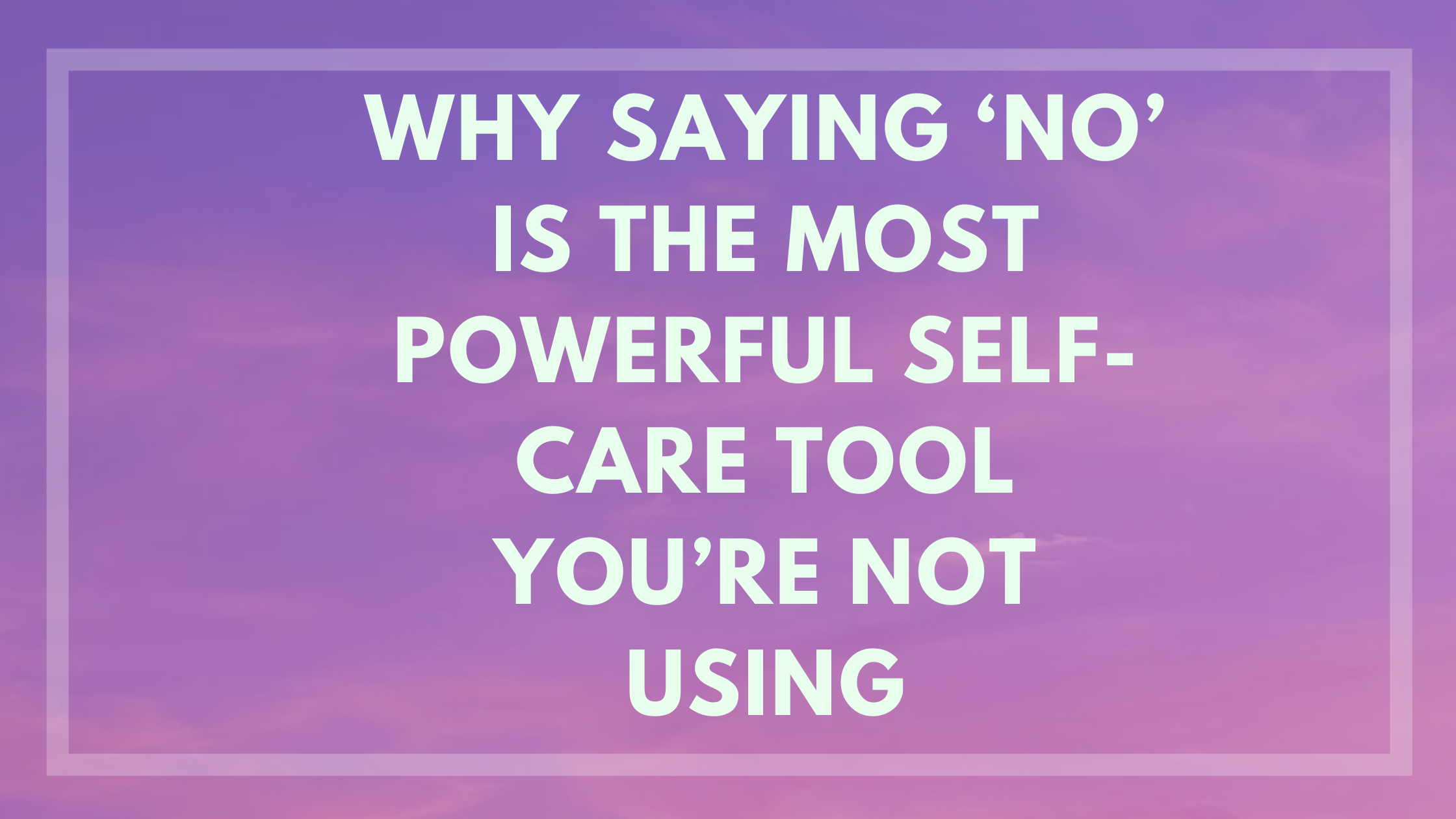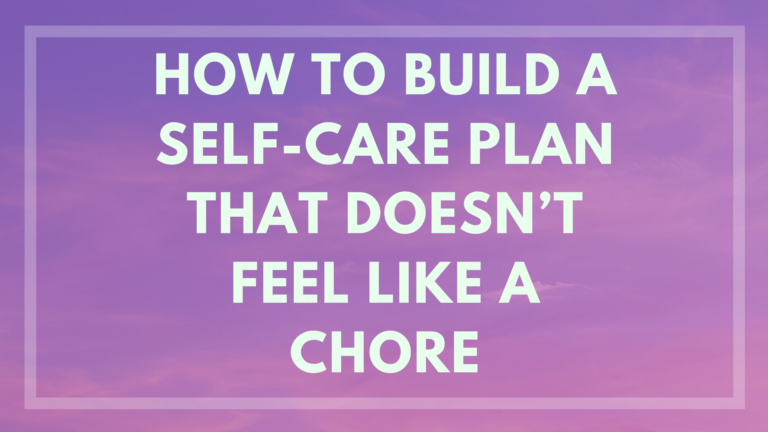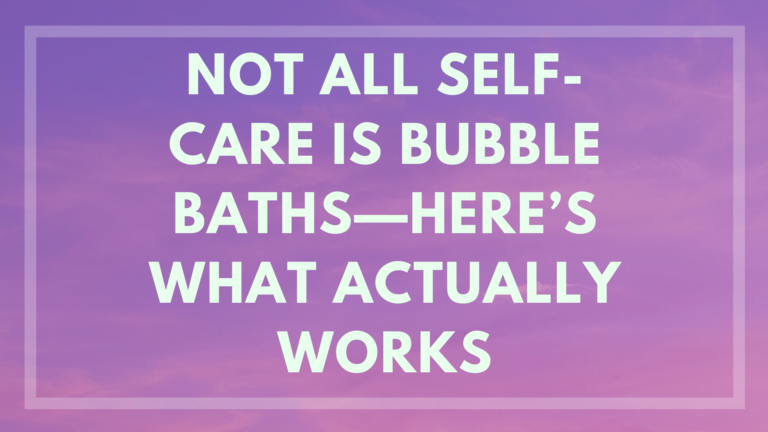We often think of self-care as something you do—like going for a walk, taking a break, or journaling. But one of the most effective self-care tools doesn’t involve any activity at all. It’s a single word: no.
Saying no can feel uncomfortable, especially if you’re used to being the go-to person for help, support, or favors. Maybe you don’t want to upset anyone. Maybe you’re afraid of being seen as difficult. But here’s the truth—every time you say yes to something that drains you, you’re saying no to something that might actually restore you.
Learning to say no is a skill. And it’s one that protects your time, your energy, and your mental health. Here’s why it’s so powerful—and how to start using it.
Saying No Creates Space for What Matters
Your time and energy are limited. When you fill your days with things you don’t really want or need to do, there’s less room for the people, tasks, and experiences that truly matter.
Saying no isn’t about shutting people out—it’s about making space for what’s aligned with your values and goals. Whether it’s protecting a quiet evening, focusing on your health, or working toward a personal project, those things deserve your attention. And that means not giving your time away so freely.
It’s a Boundary, Not a Rejection
Many people avoid saying no because they don’t want to hurt someone’s feelings. But saying no isn’t a rejection of a person—it’s a boundary for yourself.
Boundaries help you stay grounded. They define what you’re willing to give and what you need to protect. When you set clear limits, you’re being honest with both yourself and others. And that honesty builds stronger, healthier relationships in the long run.
Saying Yes All the Time Comes at a Cost
When you say yes to everything, you stretch yourself thin. Over time, that leads to stress, resentment, and burnout. You might find yourself overcommitted, behind on your own needs, and losing touch with what truly makes you feel good.
Saying no gives you a pause. It lets you check in with yourself before responding out of habit. That small pause can make a big difference in how you feel day to day.
How to Say No Without Feeling Guilty
The guilt that comes with saying no is often the hardest part to overcome. But the more you practice, the easier it gets. Here are some ways to say no clearly and kindly:
“I appreciate you thinking of me, but I won’t be able to help this time.”
“Thanks for the invite. I’m focusing on rest right now and need to pass.”
“That doesn’t align with my current priorities, so I’ll have to say no.”
You don’t owe anyone a full explanation. A respectful and firm response is enough.
You Don’t Need to Be Available All the Time
There’s a quiet pressure in today’s world to always be reachable, agreeable, and helpful. But constantly being available doesn’t make you more valuable—it just makes you more exhausted.
Self-care means choosing when and where to show up. It’s okay to let a message wait. It’s okay to decline a meeting. It’s okay to take a weekend for yourself. You’re allowed to slow down and be selective with your time.
Saying No Builds Confidence
Each time you say no and honor your own needs, you build self-trust. You prove to yourself that your feelings, limits, and energy matter. That kind of confidence isn’t loud—it’s steady and quiet. And it’s the kind that helps you stay grounded even when life gets hectic.
You stop second-guessing every decision. You stop living for approval. And you start moving through life with more clarity and peace.
Final Thoughts
Saying no might not feel easy at first—but it gets easier with practice. And once you start, you’ll notice a shift. More time. More calm. More connection to what actually matters.
It’s not about being selfish. It’s about being clear. Saying no is one of the most powerful ways to take care of yourself, protect your energy, and live with intention. Start small. Start today. And trust that your no is just as valuable as your yes.




